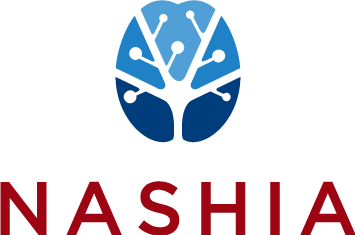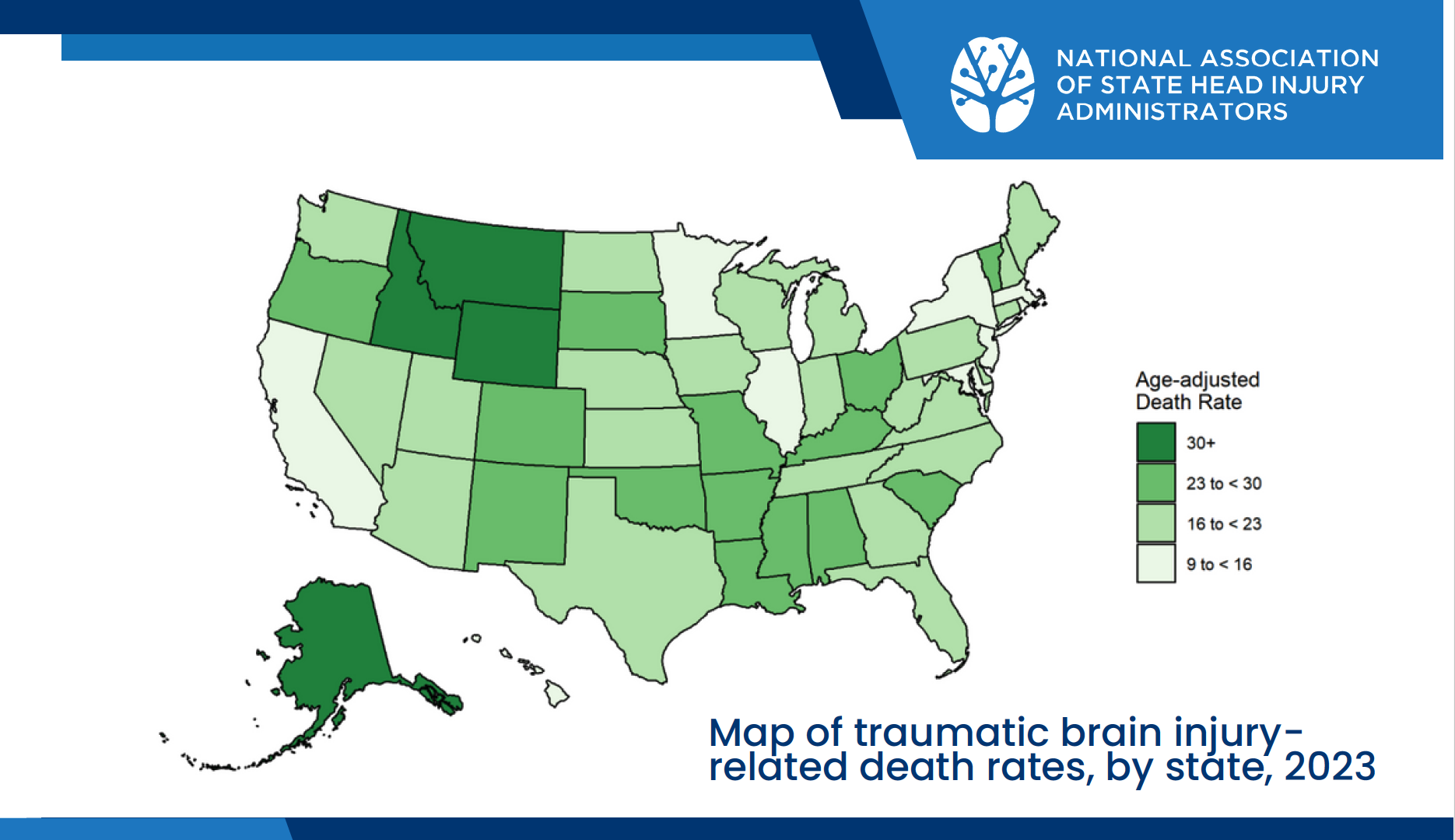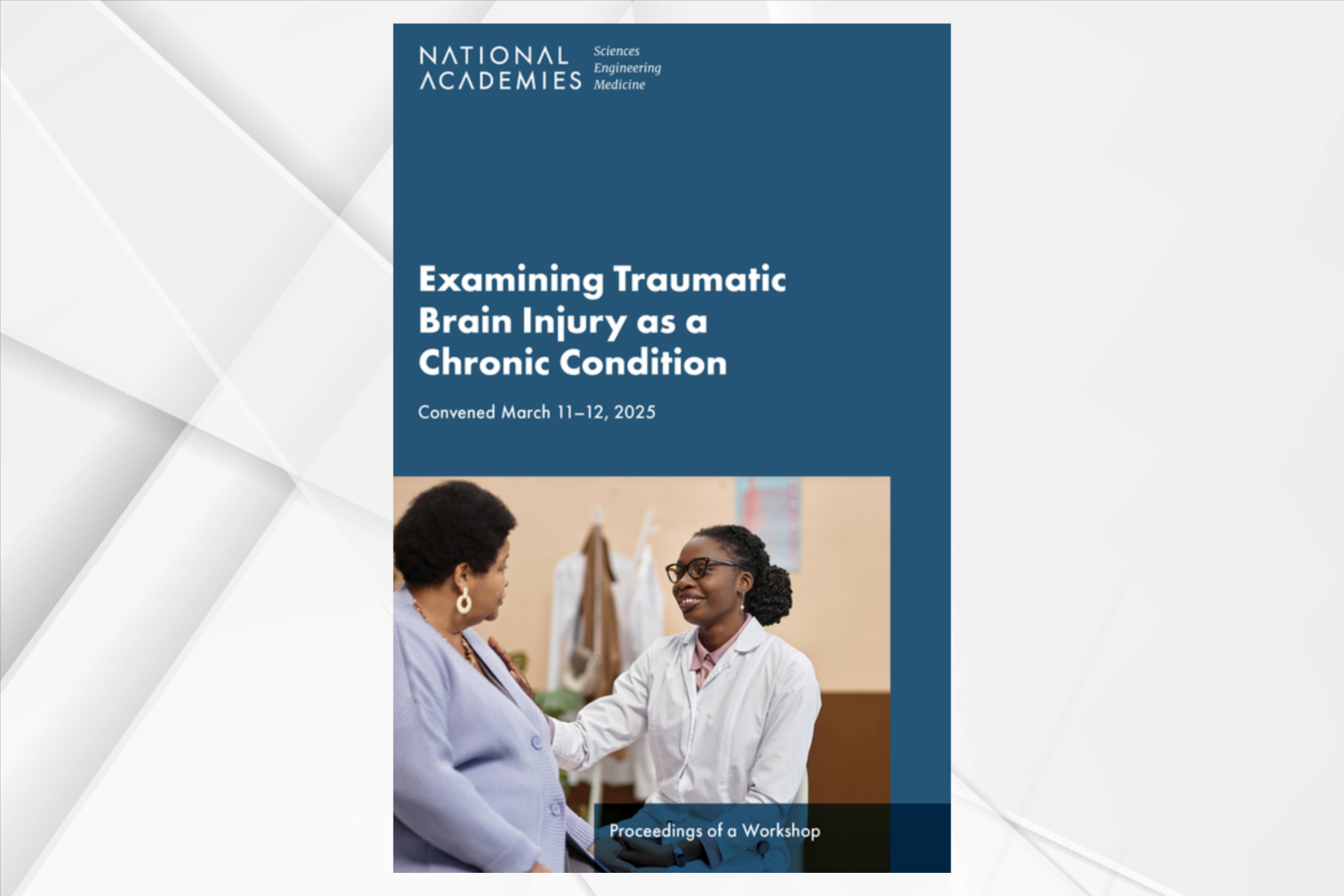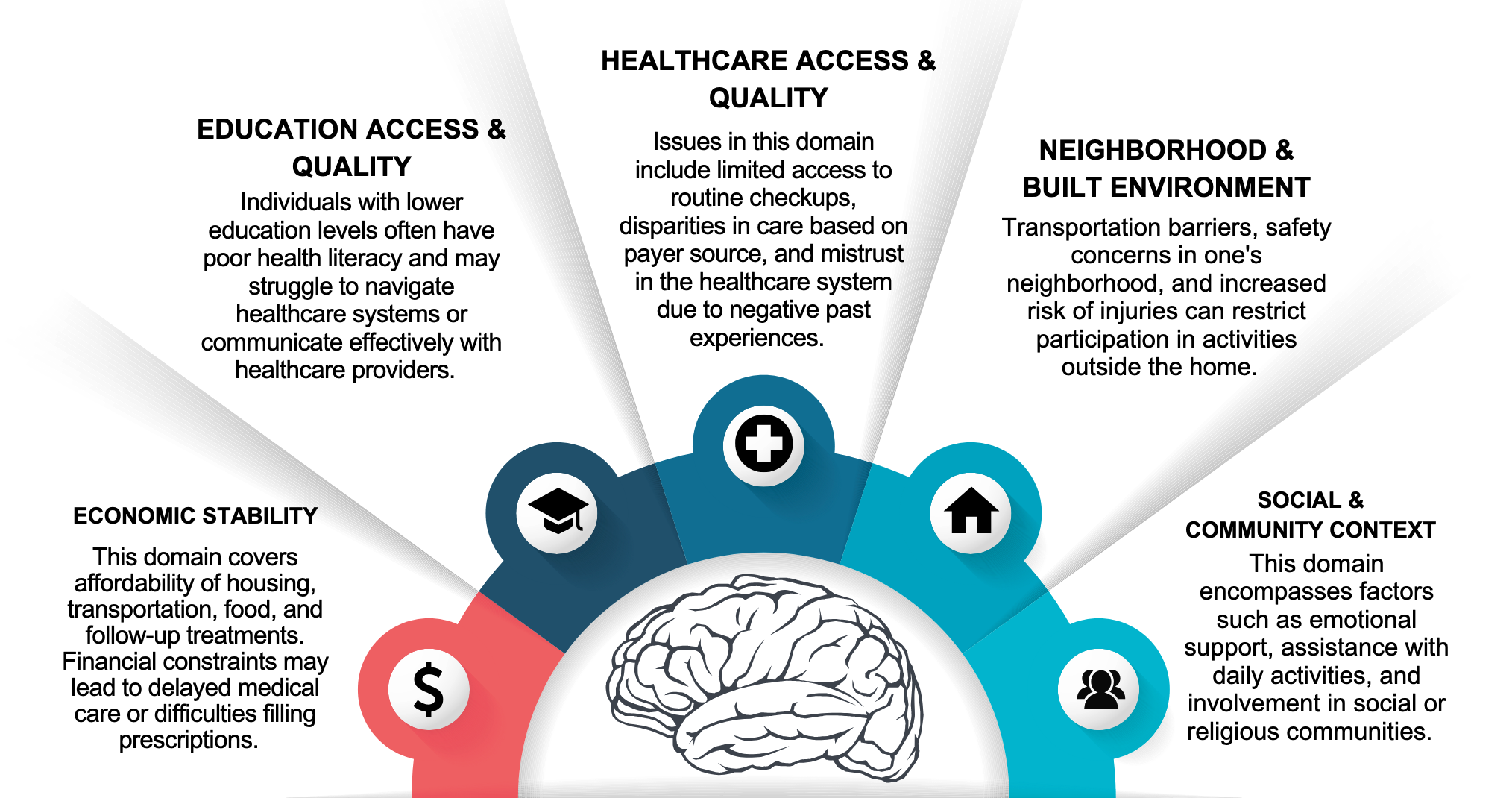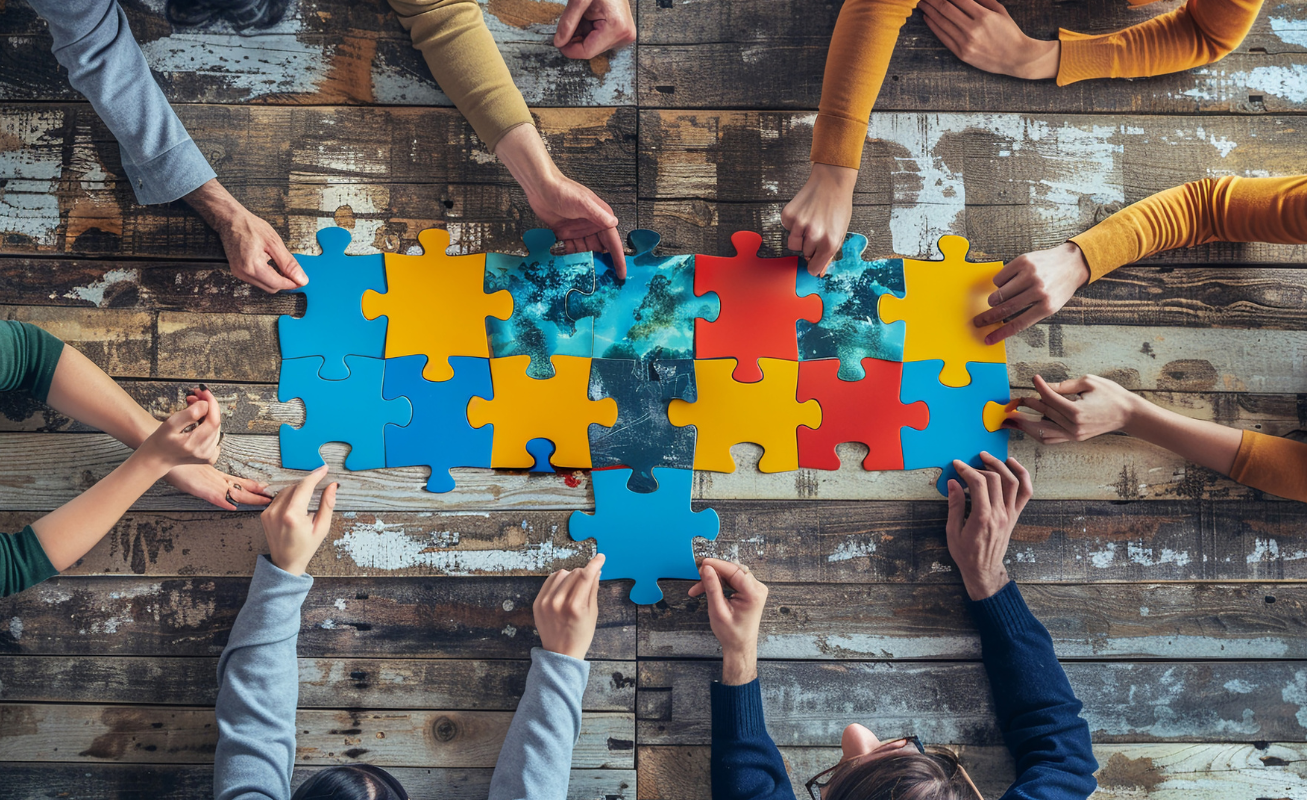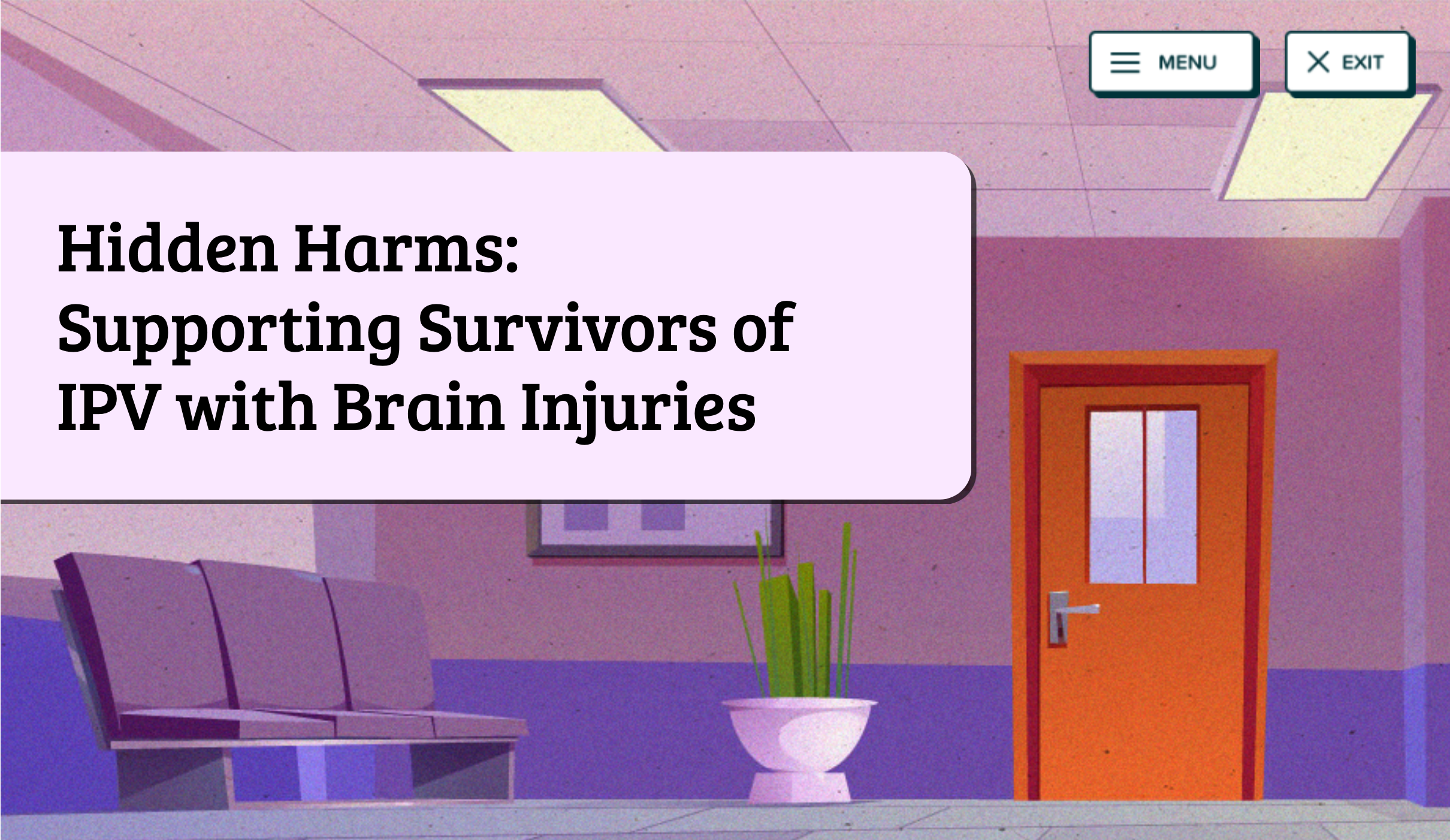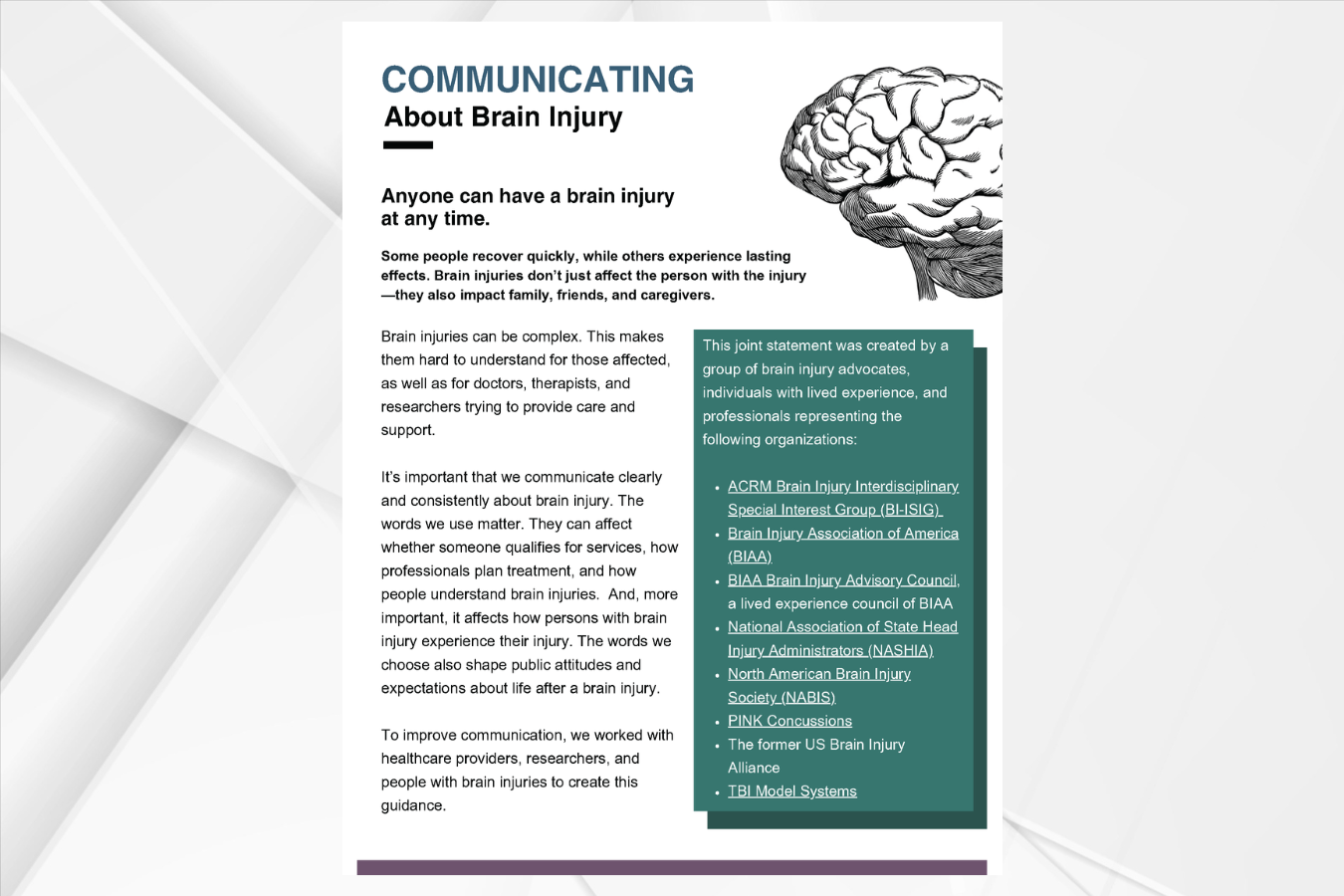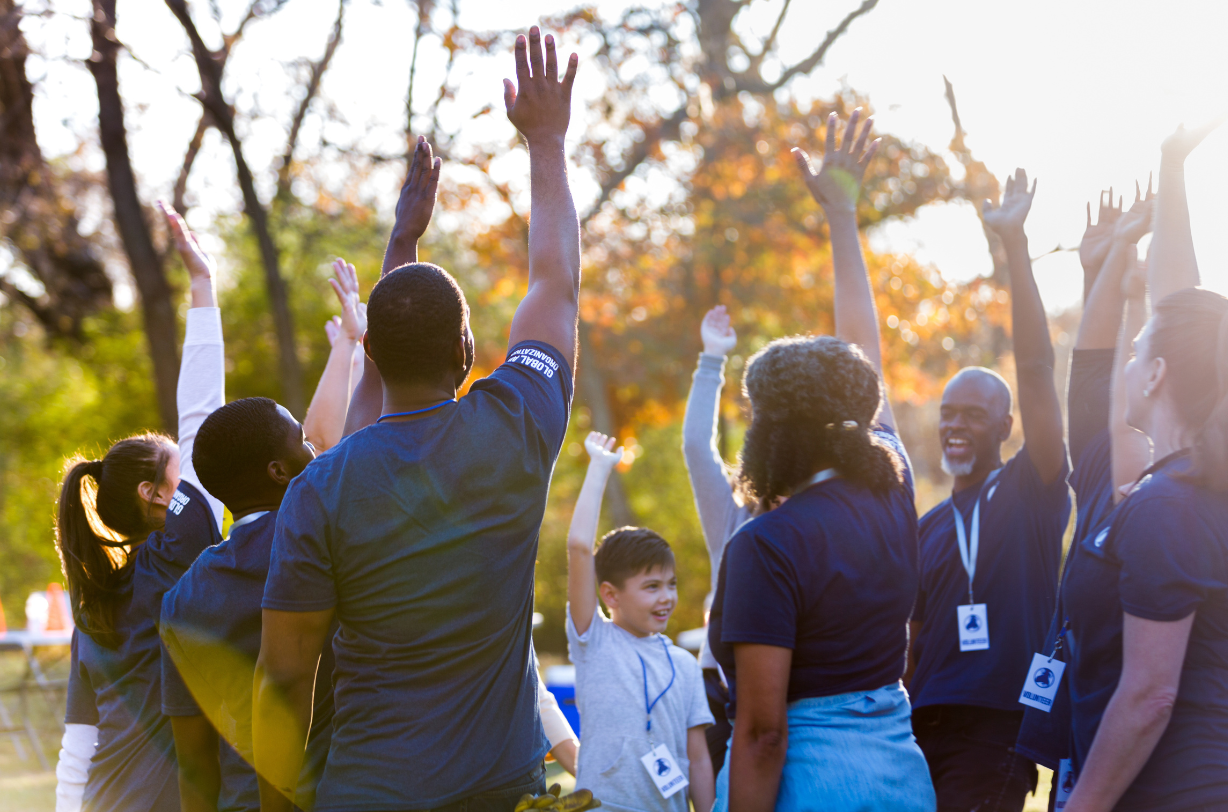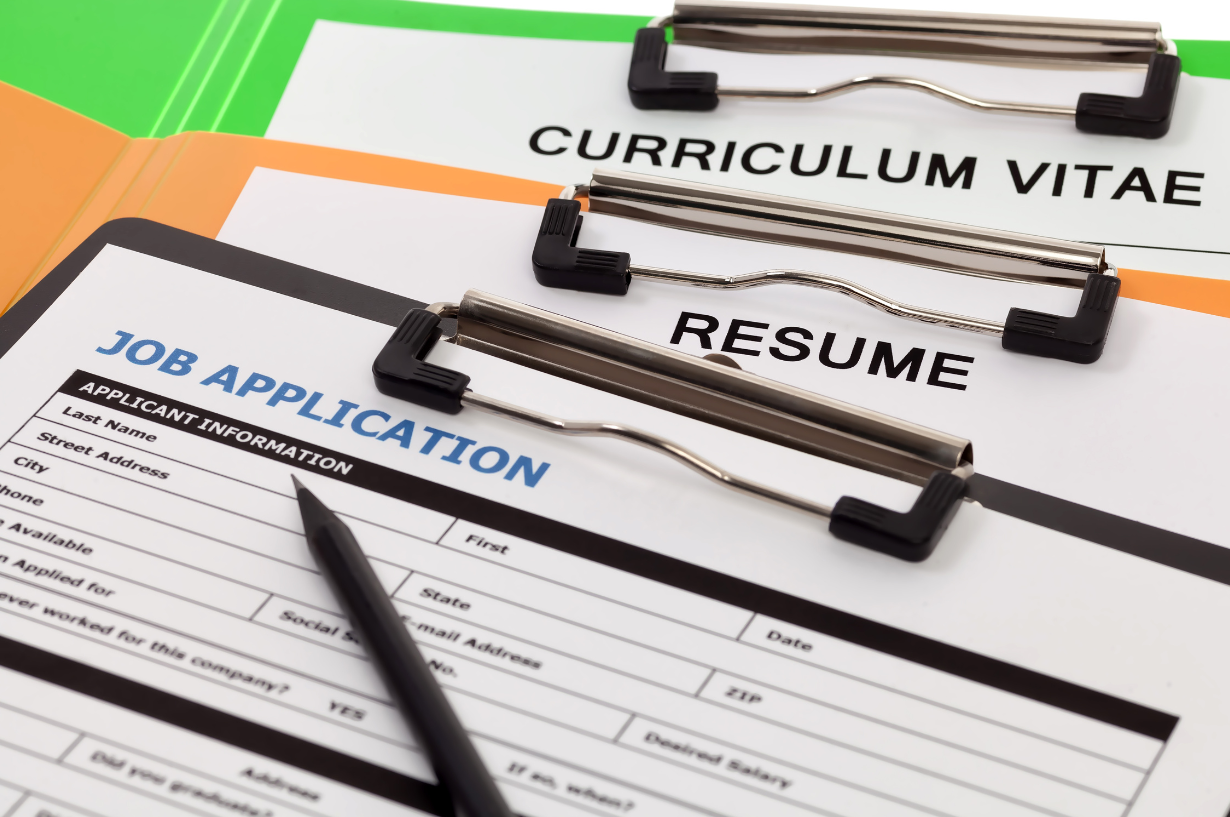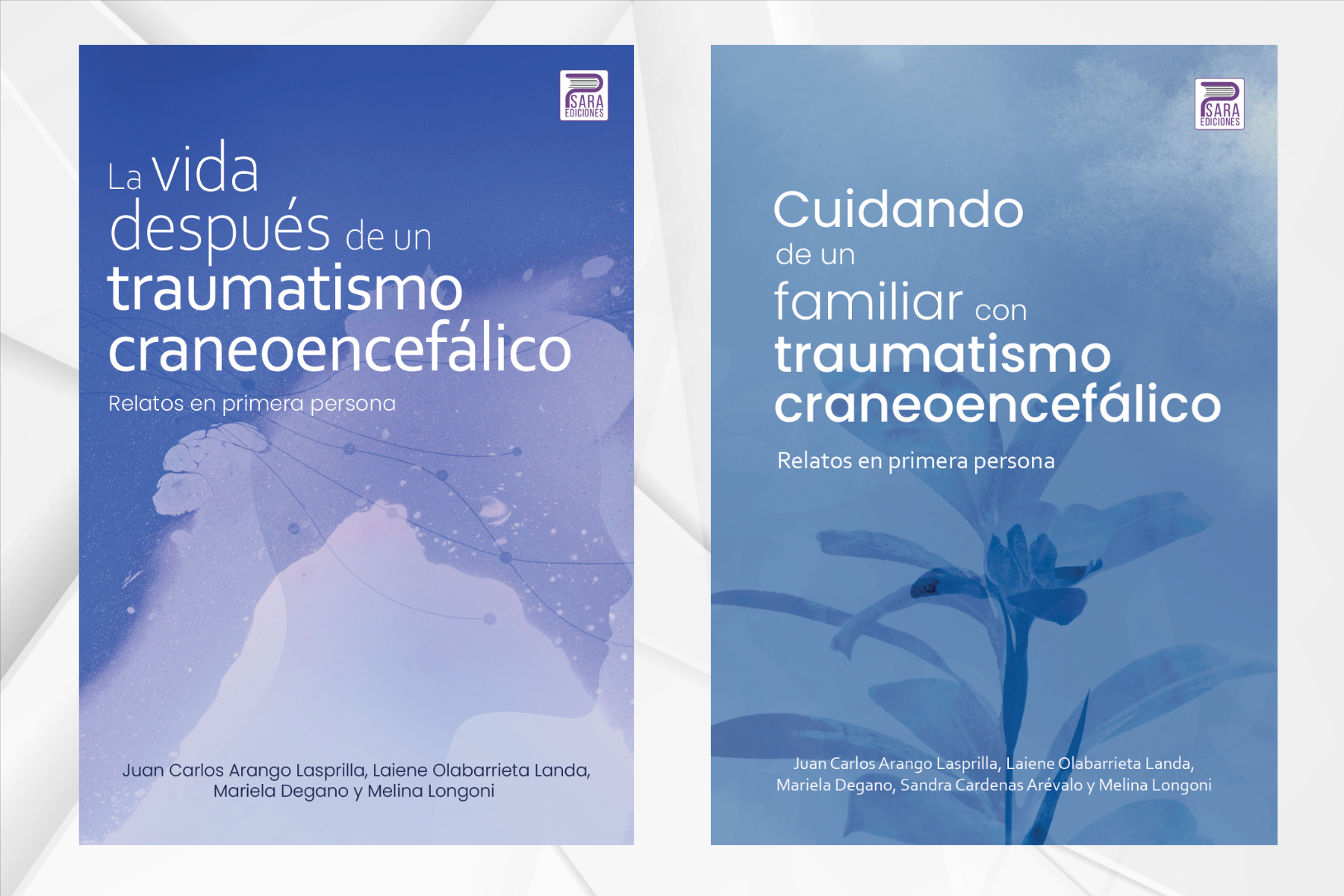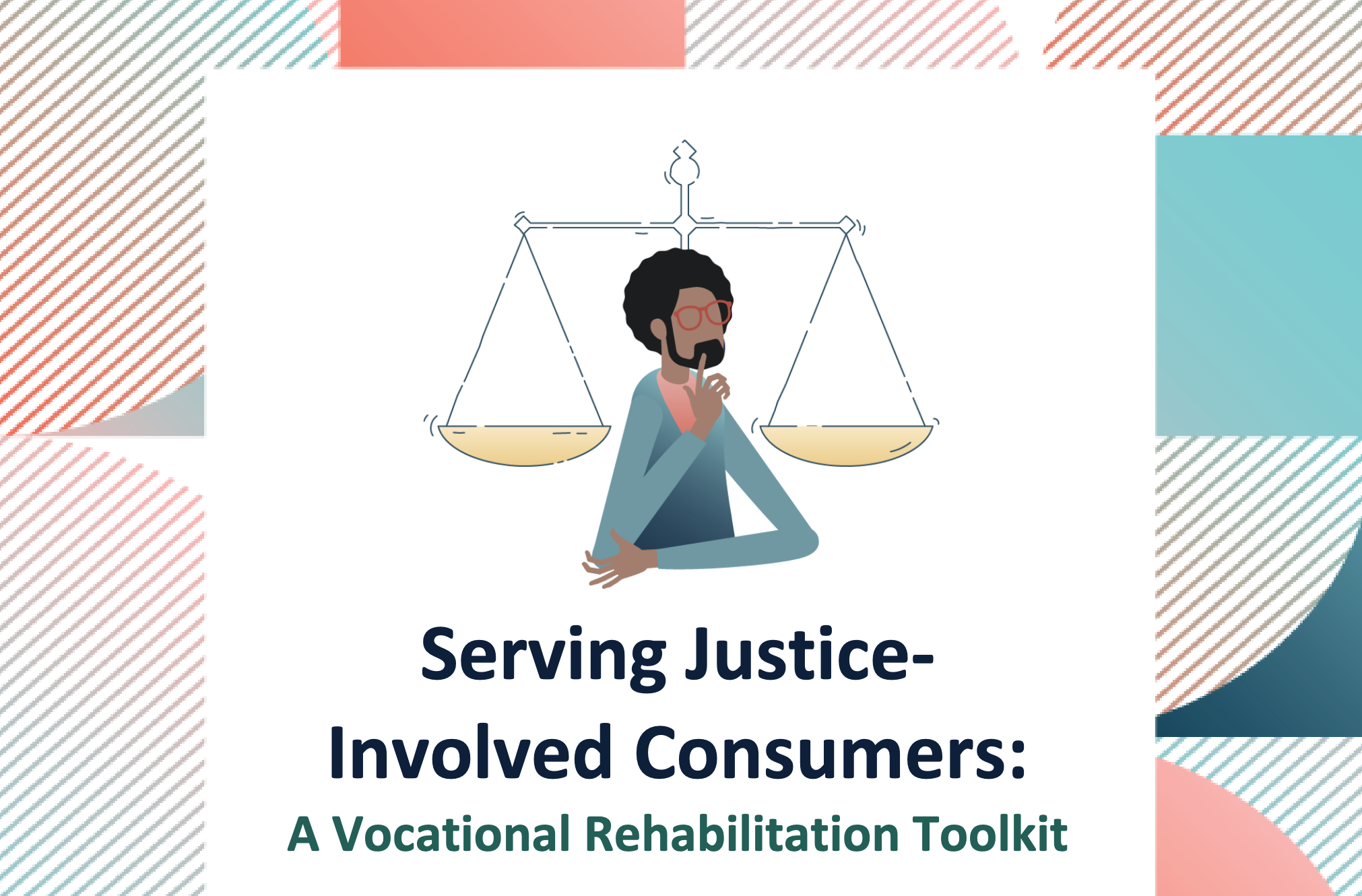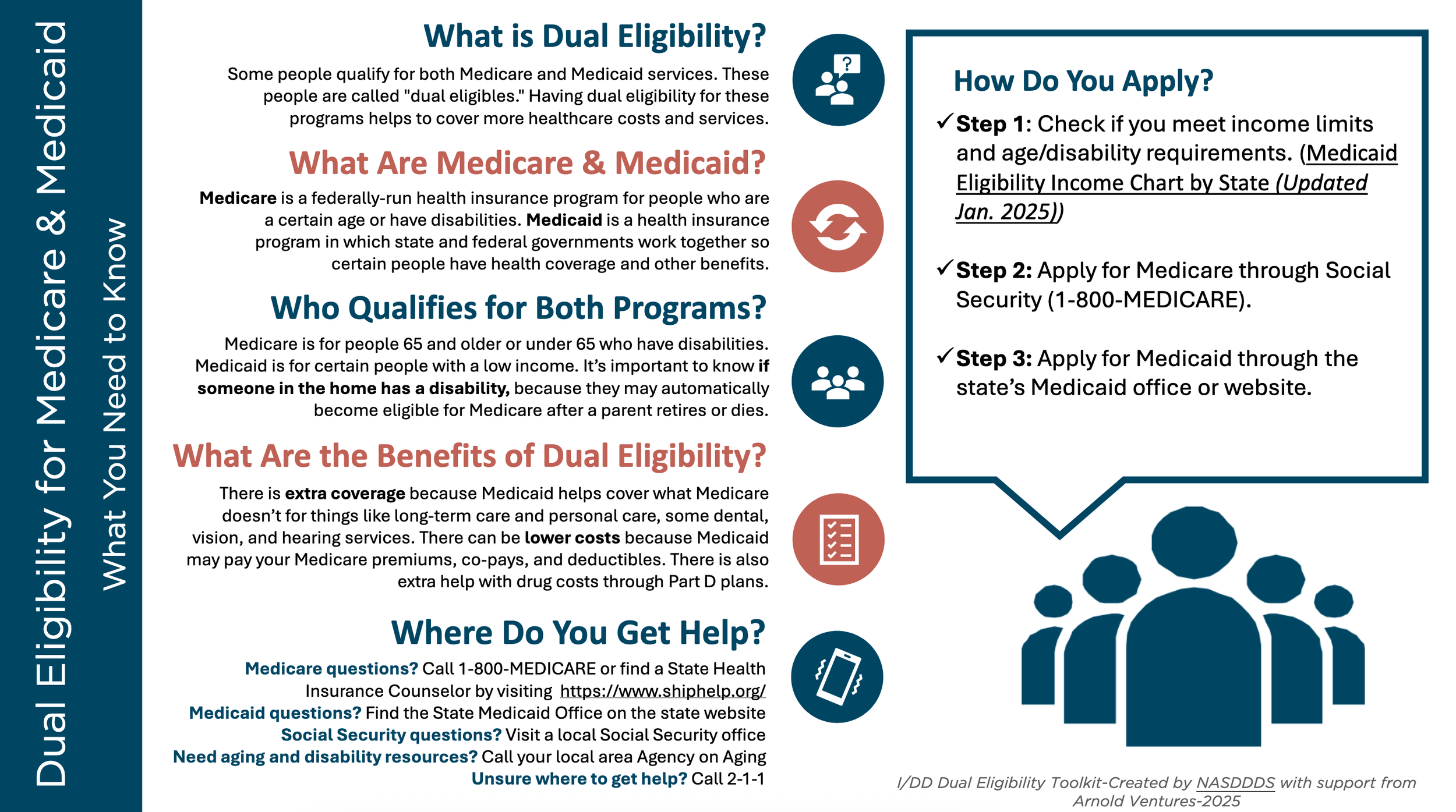Strong Infrastructure Components for Brain Injury (BI): State Self-Assessment Tool & Implementation Guide
Building a strong state infrastructure takes time, effort, and planning from many individuals and organizations. There are several key components necessary to create a comprehensive state system of services, partners, funding, and policy. Infrastructure building is a process and requires routine assessment, regardless of the level achieved. This tool, Strong Infrastructure Components for Brain Injury (BI): State Self-Assessment Tool, produced by ACL's Traumatic Brain Injury (TBI) Technical Assistance and Resource Center (TARC) was created to assist BI partners and collaborators in determining which level best describes their state’s progress, and to give some guidance to what a more comprehensive system could include. It is designed to be a guide, and states should consider re-assessing routinely, or at various points to assist in state planning efforts, such as conducting a new needs assessment, developing, or updating a state plan, or applying for a grant opportunity.
Map of TBI Death Rates, 2023
This map shows state-level rates of traumatic brain injury (TBI)-related deaths in 2023. NASHIA members can use these data to raise awareness of the burden of TBI in their state, inform prevention and service planning, strengthen funding proposals, and compare outcomes across states. Understanding where TBI deaths are highest helps guide strategies to improve brain injury prevention, care, and supports for survivors and families.
Also included are ways for NASHIA members and the brain injury community to action these data.
NASHIA would like to thank Dr. Dana Waltzman from Indiana University School of Medicine for working with us on this infographic.
Examining Traumatic Brain Injury as a Chronic Condition: Proceedings of a Workshop
Traumatic brain injury (TBI) can have lasting physical, cognitive, and emotional health effects that extend well beyond the initial event. In March 2025, the National Academies' Forum on Traumatic Brain Injury convened a workshop to explore TBI as a chronic condition and to identify opportunities to improve lifelong care.
Participants examined evidence supporting the classification of TBI as a chronic condition, explored the biological mechanisms that drive long-term outcomes, and discussed the complex comorbidities that can persist or emerge years after injury. Lived experience perspectives shared throughout the workshop underscored the human impact of these issues and the importance of sustained, multidisciplinary support for recovery and well-being. This Proceedings of a Workshop summarizes presentations and discussions from the workshop.
Non-Medical Drivers of Health and Brain Injury - A Fact Sheet for Providers
Individuals with a brain injury or any other chronic condition possess a lifetime of experiences. These past experiences and the present environment can significantly affect how they cope with their brain injury and influence their overall health. Collectively, these experiences and environments are known as non-medical drivers of health.
A recent subgroup from the Moody Galveston Conference developed a fact sheet aimed at helping healthcare providers adopt a more holistic approach to treatment. This ensures that they consider factors beyond just the brain injury itself.
Both English and Spanish versions of the fact sheet are available and include specific guidance and resources. We encourage you to help distribute these valuable resources within your networks.
This product was developed with support from the 2023 Moody Galveston Brain Injury Conference (MGBIC) contributors, hosted by NASHIA, with funding from the Moody Endowment.
Action Collaborative on Traumatic Brain Injury Care
This new action collaborative and clinical practice guideline, published in the Annals of Family Medicine, provides evidence-based recommendations to enhance care coordination and outcomes for individuals with brain injury. The guideline emphasizes cross-system collaboration and practical strategies for improving care delivery. NASHIA was honored to serve as part of the external review process.
Hidden Harms: Supporting Survivors of IPV with Brain Injuries
NASHIA's Maria Crowley and Zaida Ricker were consulted as subject matter experts on the creation of this new training from CDC!
Brain injuries are often an invisible consequence of intimate partner violence (IPV). The CDC’s TBI-IPV Hidden Harms online training (≈25 minutes) offers interactive lessons for professionals working with survivors - helping you:
Recognize the link between IPV and brain injury
Respond with trauma-informed practices
Offer meaningful accommodations that support recovery
This is a critical resource for advocates, victim services providers, behavioral health professionals, and anyone in the space of IPV and brain injury.
Communicating About Brain Injury
NASHIA is proud to have been part of the collaboration that brought about this new, important resource for communicating about brain injury. This joint message from national leaders in the brain injury community offers guidance on how to be clear when talking about brain injury.
"It’s important that we communicate clearly and consistently about brain injury. The words we use matter. They can affect whether someone qualifies for services, how professionals plan treatment, and how people understand brain injuries. And, more important, it affects how persons with brain injury experience their injury. The words we choose also shape public attitudes and expectations about life after a brain injury."
Thank you to everyone involved for working to increase care and support for brain injury survivors!
Systematic search and review of racial and ethnic differences in traumatic brain injury prevalence and incidence
Congratulations to NASHIA Innovation Center Director Jill Daugherty on publication of this article related to work she completed during her tenure at the Centers for Disease Control and Prevention!
Previous research suggests that some racial/ethnic groups are at increased risk for poor health outcomes following a traumatic brain injury (TBI). Less is known about the extent to which TBI prevalence and incidence vary by race/ethnicity. This paper presents results of a systematic search and review of TBI prevalence and incidence among US racial and ethnic groups.
Comparison of US TBI-related emergency department visits from two data sources: NEISS-AIPand HCUP-NEDS
Congratulations to NASHIA Innovation Center Director Jill Daugherty on publication of this article related to work she completed during her tenure at the Centers for Disease Control and Prevention!
Traumatic brain injury (TBI) surveillance in the USA has historically used hospital administrative datasets and vital records to determine the number and rate of people who are hospitalised or die from a TBI. However, gaps exist in obtaining timely and accurate estimates of emergency department (ED)-treated TBIs. The purpose of this paper is to compare the number of TBI-related ED visits derived from two national datasets.
An important take-away: depending on the definition of TBI used and data source referenced, between 1-3 million TBI-related visits to American emergency department occur on an annual basis. Click below to access the full article.
Navigating Reasonable Accommodations: Preparing for Return-to-Work After Brain Injury
This resource outlines how individuals returning to work after brain injury can better prepare, and find support through resources and reasonable accommodations from their employer. Through careful self-assessment of current challenges and dialogue with their employer to navigate the accommodations process when needed, people with brain injury can retain employment.
Authored by NASHIA’s own Maria Crowley, Director of Professional Development, with support from the Administration for Community Living Disability Employment TA Center.
Self-Advocacy Scale
The Self-Advocacy Scale (SAS) provides an assessment of the individual’s self-efficacy related to his or her self-advocacy abilities. Self-efficacy is the individual’s belief in his or her own capacity to complete tasks and attain related goals. Self-efficacy is an important aspect of motivation and taking on new challenges.
The SAS was found to be a reliable and valid measures of self-efficacy specific to personal advocacy in individuals post-ABI.
Full Participation Guidelines: Recommendations for ensuring meaningful engagement for individuals and family members in program activities
Full Participation involves supporting individuals with brain injury by providing tools, resources, and supports so that they are equal, contributing members with a sense of belonging. The original Full Participation Guide was created in 2008 to help states meet this level of support. The updated document is intended as a guide for best practices and can be used readily and frequently by states and partners across all states and settings. The tips and tools provided contribute to the full and meaningful participation of everyone in meetings, work groups and conferences.
Key Components for Transforming Employment Service Systems
Key Components for Transforming Employment Service Systems is a practical checklist created by Steven J. Schwartz, disability rights attorney and Subject Matter Expert for the Disability Employment Technical Assistance Center (DETAC). This resource outlines 14 essential components to guide states and service providers in shifting from sub-minimum wage employment toward Competitive Integrated Employment (CIE) for individuals with disabilities. From provider transformation to interagency coordination and data reporting, this tool supports collaborative system change efforts and helps strengthen employment service plans in alignment with WIOA and Employment First principles.
Spanish Educational and Emotional Support Materials
Educational and emotional support materials on TBI created in Spanish: La vida después de un traumatismo craneoencefálico: relatos en primera persona and Cuidando de un familiar con traumatismo craneoencefálico: relatos en primera persona combine accessible, evidence-based information with powerful personal stories from individuals and families affected by traumatic brain injury (TBI) across Latin America and Spain. These books are open-access and can be freely shared with anyone who may benefit from them.
VRTAC-QE Justice-Involved Toolkit
The primary purpose of the Justice-Involved Toolkit is to serve as a resource for vocational rehabilitation counselors. The toolkit will also be useful for other practitioners and organizations that work with individuals with disabilities who have been involved with the justice system. It is intended to be both a resource to better understand the needs of justice-impacted adults with disabilities and a tool to improve the provision of services for this disadvantaged population in vocational rehabilitation (VR).
NASDDDS I/DD Dual Eligibility Toolkit
This toolkit is aimed at providing states information and training material to ensure state staff, supports coordinators, and direct support professionals understand how Medicare and Medicaid programs can be complementary, as well as support the education and guidance of individuals and families to navigate dual eligibility enrollment and ongoing benefits management. The work of the TA cohort set the stage for policy and program refinement through the development of this NASDDDS I/DD Dual Eligibility Toolkit.
Components include infographics, training slide decks, policy tools, and videos.
Accommodating the Symptoms of TBI
This practical booklet, developed by the Ohio Valley Center for Brain Injury Prevention and Rehabilitation, is a go-to resource for professionals, educators, caregivers, and employers working with individuals affected by Traumatic Brain Injury (TBI). It:
Explains TBI impacts clearly
Highlights common participation obstacles
Offers user-friendly accommodations checklists
Balances low‑ and high‑tech solutions
Emphasizes individualized approaches
Whether you're guiding someone through recovery, integrating accommodations in shared spaces, or simply aiming to better understand TBI, this booklet is a useful tool that promotes fairness, dignity, and full participation.
Connecting Communities at the Intersection of Brain Injury and Domestic Violence
The Pennsylvania Department of Health and Pennsylvania Coalition Against Domestic Violence have released a collaborative toolkit designed for professionals from intersecting fields. This resource aims to empower individuals, whether in the realm of domestic violence support, brain injury support services, emergency medical services, social work, or substance use. Each section of this toolkit has been crafted to cater to a specific role.
The goal is simple yet profound: to facilitate meaningful collaboration among professionals who are, even if they are not aware of it yet, often working with survivors of domestic violence who have sustained some type of brain injury. Unlike approaches where partnerships form reactively, this toolkit encourages proactive engagement. By providing insights into potential indicators and resources, this toolkit is seeking to nurture a community of support around survivors.
Emergency Preparedness Guide for Individuals with Brain Injury
This comprehensive Emergency Preparedness Guide was created specifically for individuals with brain injury, their families, and caregivers. Developed in partnership with the Pennsylvania Department of Health and the Brain Injury Association of Pennsylvania, the guide offers clear, step-by-step instructions for preparing for a wide range of emergencies—from natural disasters to medical crises. Inside, you'll find practical tools such as a self-assessment checklist, personalized planning templates, emergency contact forms, and kit checklists. Whether you're starting from scratch or improving an existing plan, this guide empowers you to be prepared, stay safe, and maintain independence during critical situations.
Podcast: Brain Injury & Consistency
In Episode 6 of Season 4 of the Mentor Moments podcast, NASHIA Director of Professional Development Maria Crowley shares her inspiring journey being a champion for individuals affected by brain injuries. As a leader at NASHIA and in the field, Maria discusses her extensive career in rehabilitation counseling and her commitment to supporting both clients and team members. This episode offers valuable insights into the importance of consistency in the impactful work being done to assist those with brain injuries.
